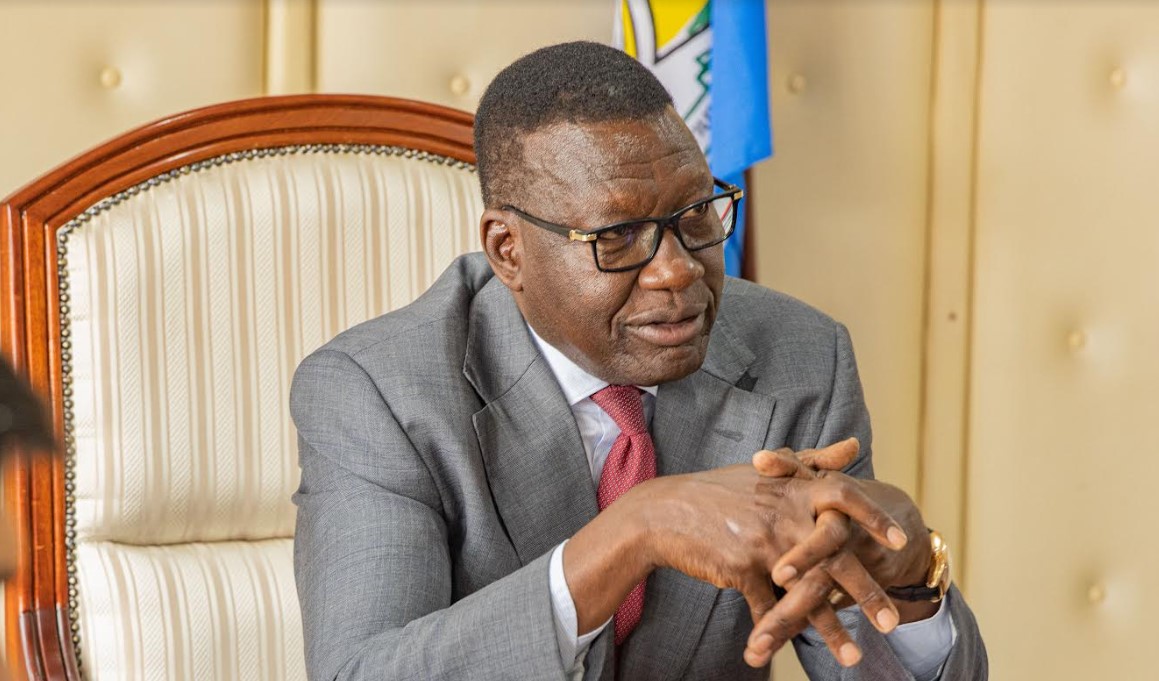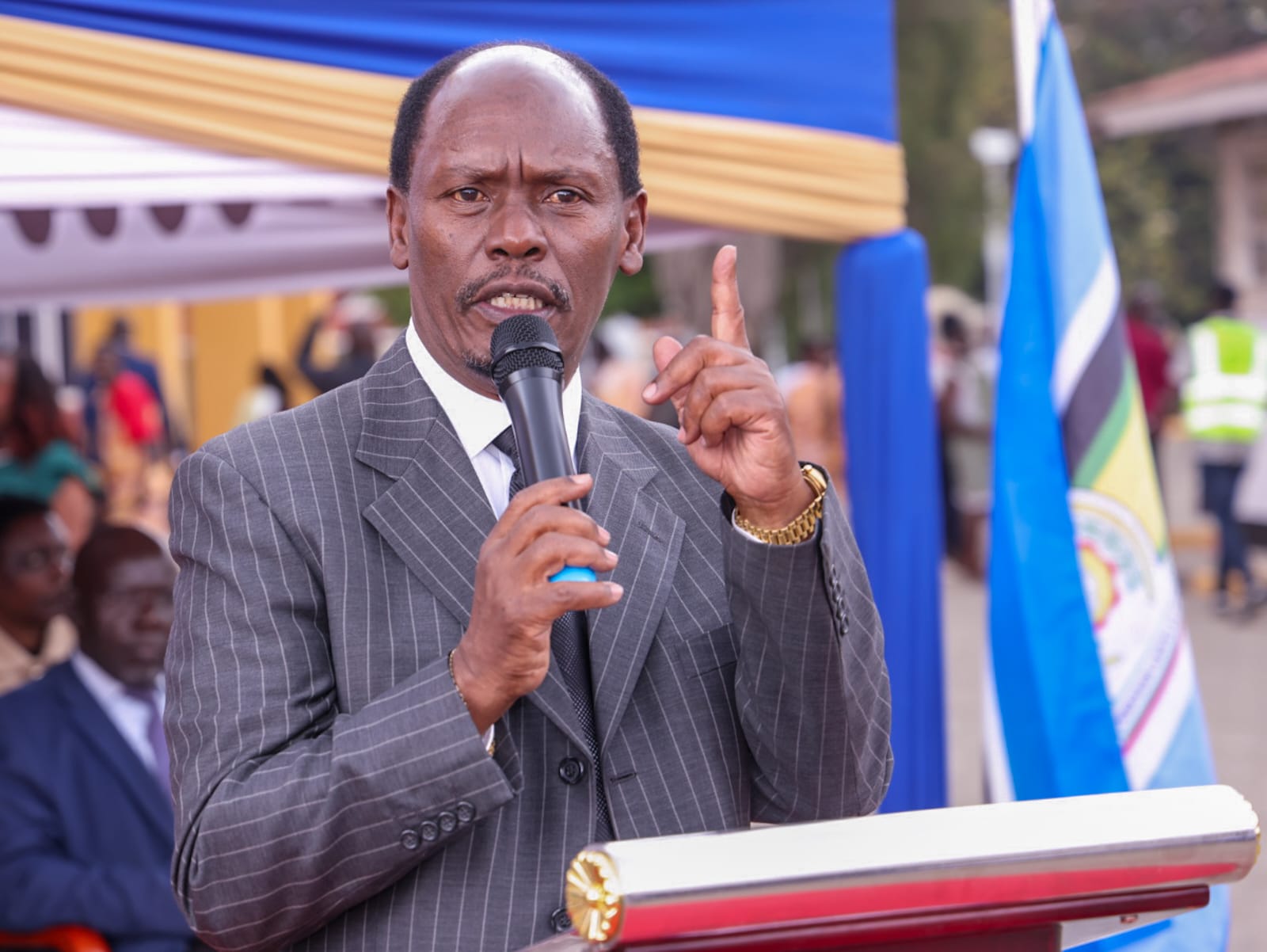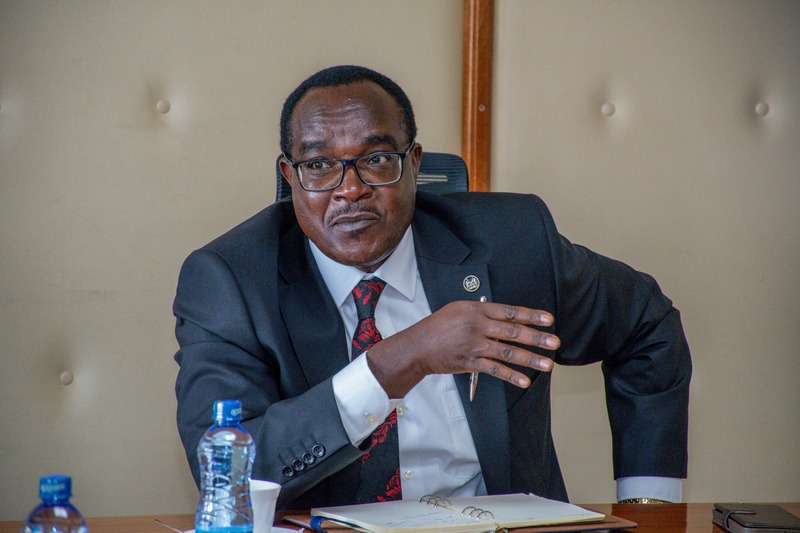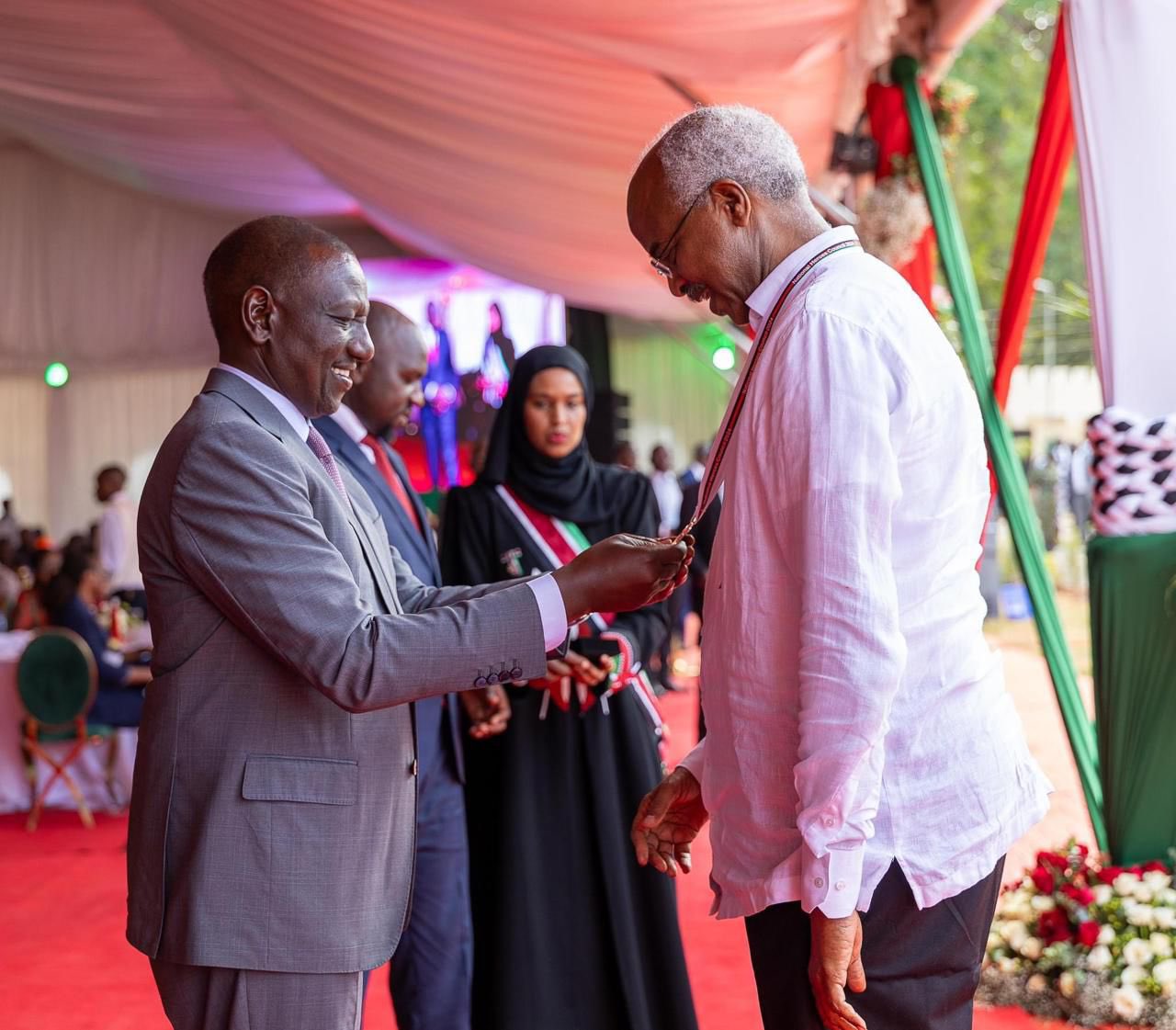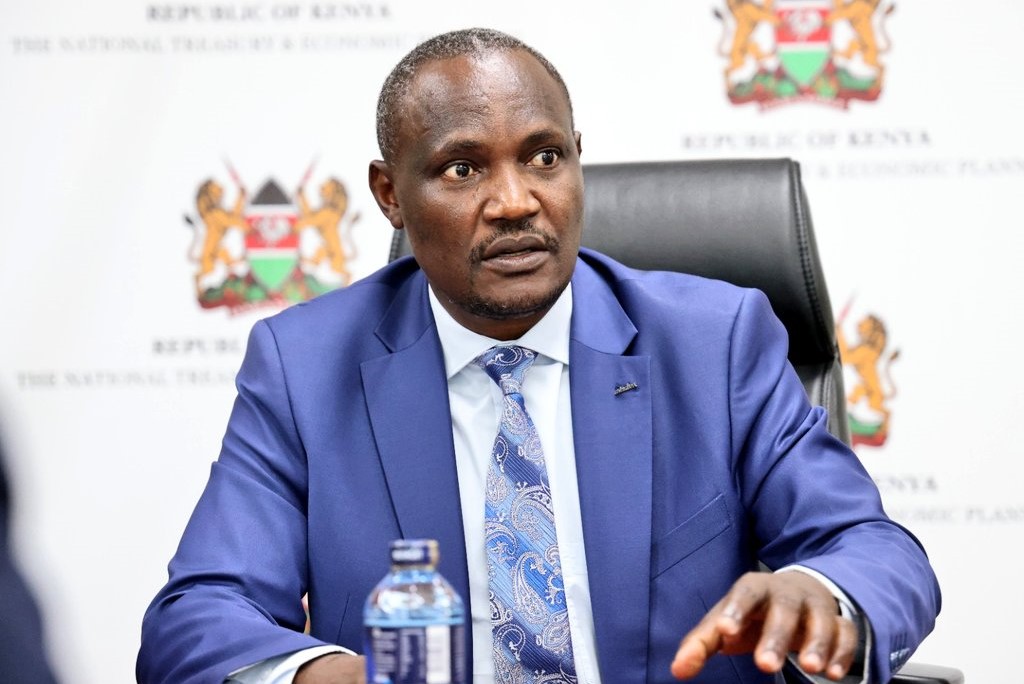Infotrak survey shows most Kenyans dissatisfied with 2024, say 2025 could be worse

The report says the economy continues to be the primary driver of both optimism and pessimism.
An end-of-year survey by Infotrak has highlighted widespread dissatisfaction and growing frustrations across Kenya in 2024.
The findings show that 64 per cent of Kenyans described 2024 as a bad or terrible year, marking the third consecutive year that the majority viewed things negatively.
More To Read
- Ruto makes key appointments to public health agencies
- Ruto appoints veteran humanitarian Abbas Gullet as chair of KNH board
- Discord in Raila's party as Sifuna, Junet and Wanga differ on support for Ruto
- Kenyan activist Mwabili Mwagodi missing, reportedly abducted in Tanzania
- Wajir Governor Ahmed Abdulahi slams Edwin Sifuna over Raila-Ruto memorandum criticism
- Fresh twist in Ndiangui Kinyagia's abduction case after LSK files to withdraw representation
According to the report, this continues a downward trend from 50 per cent in 2022 to 62 per cent in 2023, reflecting an entrenched sense of national dissatisfaction.
“Kenya faces a continued governance and economic crisis, with public displeasure signalling the urgent need for responsive economic and governance reforms,” says the report.
The survey, conducted on December 20, 2024, involved quantitative interviews through computer-assisted telephone interviews (CATI) covering all 47 counties and eight regions of Kenya. The results were nationally representative, with a ±4.001 per cent margin of error at a 95 per cent confidence level and a 96 per cent response rate.
Mixed expectations
Looking ahead to 2025, the survey reveals mixed expectations.
Only 30 per cent of Kenyans believe this year will be better, while many remain uncertain or feel it will be worse due to ongoing economic challenges, poor governance, high taxation, and job losses.
In fact, 83 per cent of Kenyans expect the economy to worsen, while 48 per cent think it will improve in 2025.
Concerns over the economy and job insecurity were the main reasons cited by those expecting a worse 2025, alongside worries over declining financial status, poor business performance, and high taxation.
Wrong direction
A striking 76 per cent of Kenyans also believe the country is heading in the wrong direction, a significant rise from the 18 per cent recorded in December 2022, shortly after President William Ruto took office.
The survey also highlights gender disparities in dissatisfaction, with 68 per cent of women rating 2024 as a bad or terrible year compared to 59 per cent of men.
The report notes that the gender gap highlights the disproportionate economic challenges faced by women, particularly in rural areas.
The report recommends targeted affirmative action measures to address these disparities, including affordable healthcare, access to credit, and support for women caregivers.
“Youth optimism represents a critical asset for national renewal. However, without tangible support through job creation, education access, and entrepreneurial funding, this optimism risks turning into disillusionment,” the report warns.
Among young people aged 18-26 years, nearly 47 per cent are hopeful about 2025, compared to just 19 per cent of those aged 46-55.
The report adds that the economy continues to be the primary driver of both optimism and pessimism. Among those hopeful for a better 2025, 48 per cent expect economic improvement, while 83 per cent of those pessimistic about the year ahead fear further economic decline.
“Kenya’s economic recovery hinges on translating macroeconomic progress into tangible benefits for households. Government policies must prioritise job creation, reduction of cost-of-living, and balanced regional development to restore public confidence,” the report says.
When broken down by region, the survey shows notable disparities in outlook. The highest levels of optimism for 2025 are in Nyanza (42 per cent), Western (35 per cent), and Eastern (32 per cent), while 76 per cent of Kenyans overall feel the country is heading in the wrong direction.
Only nine per cent believe Kenya is on the right track.
Poor leadership
Trust in the government remains fragile, with just 48 per cent of those optimistic about the future believing the government can deliver economic improvements.
Among the pessimists, five per cent specifically cite poor leadership as their main concern. Urban residents, particularly in Nairobi, reported higher levels of scepticism.
“Rebuilding trust in the government will require transparency and accountability, meaningful public engagement, and swift action on corruption. Visible progress in service delivery and governance reforms will be critical to reversing the trust deficit,” the report suggests.
Regional disparities also emerge in the survey. In North Eastern Kenya, 23 per cent rated 2024 as a good or excellent year, while only 12 per cent of residents of Central Kenya shared this view. Central Kenya recorded the highest dissatisfaction, with 69 per cent describing the year as bad or terrible.
The report notes that these regional inequalities highlight the need for tailored policy interventions, with a focus on boosting economic opportunities in underdeveloped areas.
Despite the overall negative feedback, 14 per cent of respondents remain optimistic, citing Kenya’s continued peace as a reason for hope. The sentiment is particularly strong among those over 55 years of age, who value stability in the face of regional conflicts.
“Kenya’s peace narrative must be safeguarded through proactive conflict resolution, inclusive governance, and equitable resource distribution,” reads the report.
Top Stories Today
